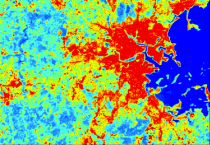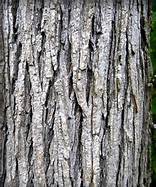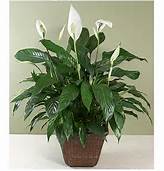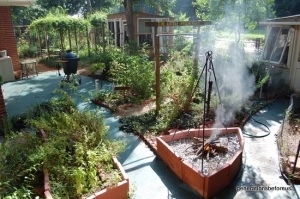-
ReThink Resources was founded on the belief that we must take action through services and education. Services include LEED AP, Water Star AP,Sustainable Landscape Design, Horticulture and Eco Conulsting Services. Education being the most important, can be given freely and passed on with out cost. This blog aims to suppliment the education aspect of our company.
Our mission is provide quality environmentally friendly services, eco-consulting services and enlightenment to our clients, because we realize that the Earth is the only home we have. -
www.rethink-resources.com
edward@rethink-resources.com
Edward Crowley LEED AP, GI-BMP, ASLA Rethink Resources on Facebook
Rethink Resources on Twitter
Tweets by RthinkRsourcesMay 2024 M T W T F S S 1 2 3 4 5 6 7 8 9 10 11 12 13 14 15 16 17 18 19 20 21 22 23 24 25 26 27 28 29 30 31 Archives
Indoor Pollution Abatement -30 yr old NASA publication
Posted in Uncategorized
Urban Heat Island and Global Warming

I’m not sure about global warming and don’t believe in AGW, but cities are hotter
Unwarranted Temperature Adjustments and Al Gore's Unwarranted Call for Intellectual Tyranny
Posted in Uncategorized
Great Florida Plant Database
Posted in Uncategorized
Eating our Landscapes
What should a community do with its unused land? Plant food, of course. With energy and humor, Pam Warhurst tells at the TEDSalon the story of how she and a growing team of volunteers came together to turn plots of unused land into communal vegetable gardens, and to change the narrative of food in their community.
Posted in Uncategorized
Entrepreneurs in Environmental Markets
On the John Batchelor Show, Terry Anderson discusses the important role entrepreneurs play in solving environmental problems – See more at: http://perc.org/articles/entrepreneurs-environmental-markets#sthash.2vkJvH77.dpuf
Posted in Uncategorized
Life with out Electricty
We all need food, water, shelter and a place for a toilet of some type. We need a place to lay down and rest our bodies, we need a way to cook and or prepare our food. We must be reasonable responsible for ourselves and our family. There are those that want to throw in the towel and just set off on foot and sleep in the woods and wander the country but even they still need food, water, occasional shelter and use some type of toilet.
We have learned that it feels good to conserve and it really makes you happy when you see your utility bills decrease.
Posted in Uncategorized
24 Tricks to Survive Hot Summer Nights (Without AC)
Trying to stay cool at night in Florida is difficult. Here are some ways to do so:
“1. Choose cotton. Save the ooh-la-la satin, silk, or polyester sheets for cooler nights. Light-colored bed linens made of lightweight cotton (Egyptian or otherwise) are breathable and excellent for promoting ventilation and airflow in the bedroom.
2. Feel the freezer burn. Stick sheets in the fridge or freezer for a few minutes before bed. We recommend placing them in a plastic bag first (unless eu de frozen pizza is your fave aromatherapy scent). Granted, this won’t keep you cool all night, but it will provide a brief respite from heat and humidity.
3. Get cold comfort. Here’s a four-seasons tip for keeping utilities charges down: Buy a hot water bottle. In winter, fill it with boiling water for toasty toes without cranking the thermostat. During summer, stick it in the freezer to create a bed-friendly ice pack.
4. Be creative. If you thought fans are just for blowing hot air around, think again! Point box fans out the windows so they push hot air out, and adjust ceiling fan settings so the blades run counter-clockwise, pulling hot air up and out instead of just twirling it around the room.”
The other twenty can be found at:
http://greatist.com/happiness/tricks-to-sleep-in-the-heat?utm_source=feedblitz&utm_medium=FeedBlitzRss&utm_campaign=greatist
Posted in Uncategorized
Part 3 Property Rights +Saving the Environment
This is the 3rd article in the series on How Property Rights Could Help Save the Environment
Posted in Uncategorized



